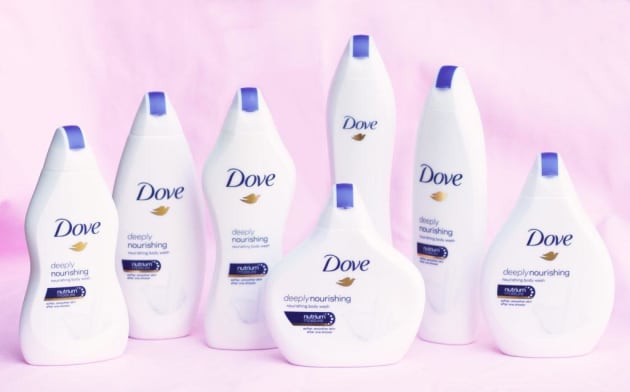
When Thomas Edison invented the light bulb, he discovered something that was genuinely useful. It was anchored in a desire for true utility rather than creating a perception that this new product would ‘make the world a better place’. This is not to say that inventions like the light bulb have not changed humanity in a positive way, but let’s start with being useful.
Brand purpose has become the branding tool du jour, with everyone from Unilever’s Dove to Starbucks espousing a desire to exist at a level beyond their product or service. The digital age has forced a new level of transparency and dialogue that expects brands to be good corporate citizens. Corporate social responsibility is now a given and a cost of entry.
Having said that, let’s not try and fool ourselves and our customers. Companies are driven by profit motive and customers want something that does what it says it will. Sometimes a product or campaign driven only by brand purpose without being useful can have a negative effect; just ask Dove and Pepsi.
Despite being the poster child of ‘brand purpose’, Dove recently got it terribly wrong when it launched a series of limited edition bottles that represented women’s different shapes and sizes. The common response was that Dove was doing the very thing it was against by literally objectify women. One women stated on social media: “I just want to use my body wash not be reminded that I am pear shaped”.
 Dove Body range
Dove Body range
The chairman and CEO at PepsiCo, Indra Noovi, was recently quoted as saying: “Performance with purpose helps drive our business growth and prepares us to meet the needs of our changing world.
”Pepsi’s recent Kendall Jenner commercial, however, was pulled soon after airing. While trying to communicate a global message of peace, unity and diversity it was seen to be trivialising serious issues. Bernice King, the daughter of Martin Luther King Jr, was quoted in social media as saying “If only daddy would have known the power of Pepsi”.
 Kendall Jenner Pepsi ad
Kendall Jenner Pepsi ad
In both instances the intention was to reflect brand purpose. Instead, by focusing on perception and forgetting about being brand useful, both companies faced potentially damaging issues.
It’s no surprise that in the 2016 Brand Z study, the top three brands in the world were: Google, Apple and Facebook. All brands that are highly focused on utility, service and product design. Google's mission is “to organise the world's information and make it universally accessible and useful.”
It’s also not surprising to see brands like Uber and Airbnb on the rise as they also seek to give you what you want in an efficient and inexpensive manner.
Brands need to be less about perception and more about reality. We need to build a better mouse trap, through true innovation and utility. This is harder, than building a lofty purpose and producing a TVC, but your consumers will thank you. It’s time to take some inspiration from Thomas Edison’s innovative ways and look for the light bulb moment.
By Dominic Walsh, managing director of Landor Australia


